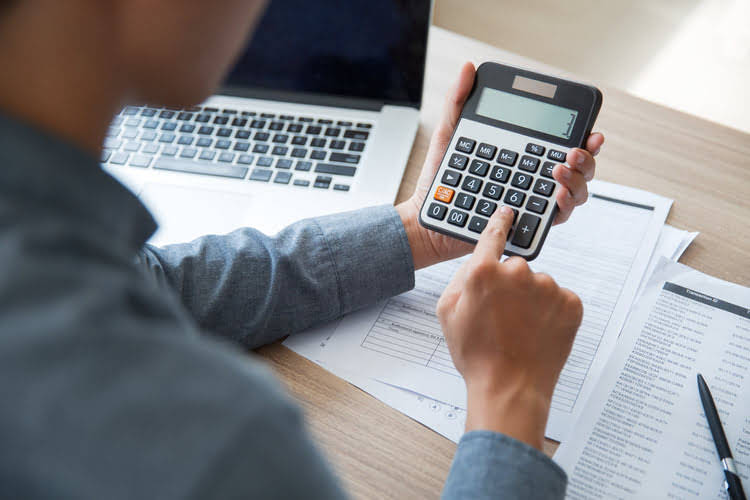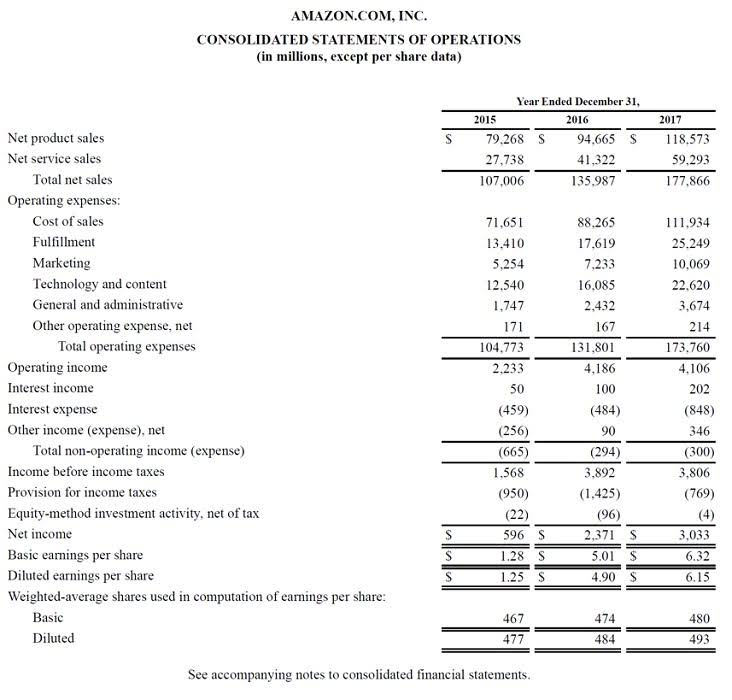
If taking cash payments out and about, log in to a mobile app if offered by your accounting software provider. So, as you can see, there are plenty of options for sole traders to help keep their accounting in order. Whether you use an Excel spreadsheet, bookkeeping template or online accounting software, it’s important to ensure that all records are kept up-to-date and secure. Different strokes for different folks, and the same applies when you’re managing your books. Some sole traders opt for the DIY approach using spreadsheets, while others might use accounting software—like a trusty autopilot—to streamline invoicing, expenses, and tax returns. While choosing a sole trader accounting software, it’s tempting https://www.bookstime.com/ to go with the cheapest.
Popular features
- One of the most important things to look for when interpreting financial statements is trends.
- This will mean you have a small cost every month, instead of a lump sum up front.
- What’s more, it couldn’t be easier to set up; learn how you can do that here.
- Set aside a portion of your revenue for taxes each month to keep your feet dry.
- The advantage of going with something like Xero or Quickbooks is that you’ll never be short of people who know how to use it.
You may also need to keep other records such as any money you are owed but have not received, your year-end bank balances, or any money you’ve taken out for your own use. HMRC may ask for a detailed breakdown, including receipts, so knowing what to keep track of is essential. As a sole trader, you need to register for VAT if your turnover is more than the current threshold, which is £85,000. If you regularly get the train to go and see your clients, always keep the tickets in a separate part of your bag, or buy them online before you go so you have an email record. It pays to get into good habits from the beginning when it comes to keeping track of receipts. Anything that’s a business cost (known as allowable expenses) can help reduce your tax bill at the end of the year.
Monitoring Cash Inflows and Outflows: The Importance of Staying Up-to-date
By keeping accurate records and using digital accounting software, you can make your bookkeeping easier and avoid any potential penalties or fines. To make the process of preparing for self-assessment and tax returns easier, you may want to consider using accounting software or hiring an accountant. This can help you keep accurate records, ensure compliance with tax regulations, and reduce the risk of making errors on your tax return. Preparing for self-assessment and tax returns can be a daunting task, but it is essential for complying with tax regulations and avoiding penalties. This involves keeping accurate records of your income and expenses throughout the year, and ensuring that you have all the necessary documentation to complete your tax return. Keeping track of invoices and receipts is essential for accurate bookkeeping.
Take control of your accounts, today
- As a sole trader, you are responsible for paying income tax on your business profits.
- FreshBooks is the perfect fit for a sole trader, whether you’ve just launched a new business or have been running your own company for years.
- FreshBooks helps you wow clients with invoices that are every bit as professional as you are.
- So, starting now will give you plenty of time to get used to the process before it becomes mandatory.
- As a sole trader, you are responsible for managing your business’s finances, including keeping track of your income and expenses, invoicing clients, and paying taxes.
- It can be a daunting task as every receipt, invoice, and bill must be logged, however it’s essential for creating the likes of accurate tax returns and business plans.
- Alongside invoicing on the go, Countingup also sends you real-time updates with cash flow insights to help you manage your cash flow efficiently.
This could be daily, weekly, or monthly, depending on the volume of transactions. Typically an accountant and a bookkeeper will work in partnership – the bookkeeper lays the groundwork for accurate financial reporting. It’s important to distinguish bookkeeping from accounting, which interprets and analyses financial data provided normal balance by bookkeeping.


It has a user-friendly dashboard and lots of training videos as well as integration with 3rd party apps. As a sole trader, mastering the art of record keeping is essential, akin to nailing a recipe for your favourite dish. Keep accurate records of all your business transactions; it’s not just good practice, but it’s also required by law. Fail to do this, and you might end up with financial headaches or, worse, attract penalties from HM Revenue & Customs (HMRC). Remember, you can be profitable on paper but still face financial woes if your actual cash isn’t managed properly. Some sole traders swear by the traditional calendar method, ahead of time marking expected payment dates and expenses.

This step ensures you have a comprehensive picture of your financial performance as a sole trader. The Australian Government Business website is an excellent place to start as they provide comprehensive information and tools for small business owners. In addition to the business.gov.au, there are also various online courses and tutorials that can help you improve your bookkeeping skills. You may also want to import bank transactions into your bookkeeping system to help with reconciling bank accounts. By managing your finances effectively as a sole trader, you can achieve sole trader net income that reflects the true value of your business.
Sole trader accounting software

FreshBooks accounting software allows you to set up billing schedules so your clients can pay automatically and securely by credit card every month, without having to think about it. Your clients save time and you get the financial security of knowing exactly when payments land in your account. While it is not necessary to hire an accountant immediately, it is recommended to seek professional help if you are sole trader accounting not familiar with bookkeeping or need assistance with tax compliance. An accountant can help you set up effective bookkeeping systems, provide guidance on tax obligations, and assist with filing tax returns on time.

Debits are entries made on the left-hand side of an account while credits are entries made on the right-hand side. A debit entry increases assets and expenses while reducing liabilities and income, whereas a credit entry increases liabilities and income while reducing expenses and assets. One of the most crucial aspects of running a successful business is keeping your books in order.
